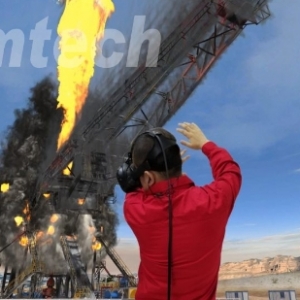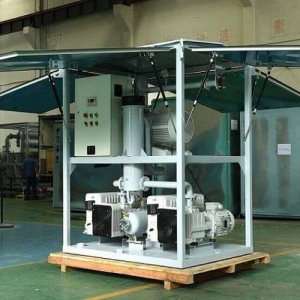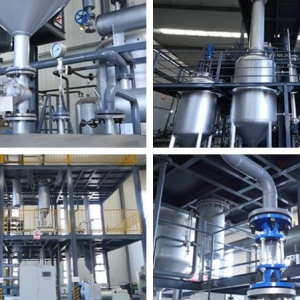The oil and gas industry is no stranger to innovation. From cutting-edge exploration techniques to advanced drilling technologies, the quest for efficiency and safety has always driven progress. In recent years, Artificial Intelligence (AI) has emerged as a game-changer, revolutionizing training methods in the form of oil and gas simulators.
Beyond Basic Replication
Traditional oil rig simulators provided a realistic replica of the physical environment and equipment. While valuable for familiarization, they lacked the ability to dynamically respond to trainee decisions or mimic the complex interplay of factors that occur in real-world operations. This is where AI steps in, transforming simulators from static models into intelligent training tools.
AI's Transformative Impact
- Dynamic Scenarios: AI algorithms can generate and adapt training scenarios in real-time, considering trainee actions, environmental conditions, and equipment performance. This creates a more fluid and challenging training experience, pushing trainees to think critically and adapt to unforeseen circumstances.
- Predictive Maintenance: AI can analyze sensor data from simulated equipment, identifying potential issues before they escalate into failures. This proactive approach to maintenance translates to improved rig uptime and reduced costs in real-world operations.
- Personalized Learning:AI can tailor training programs to individual trainee needs and skill levels. By analyzing performance data, the simulator can identify areas for improvement and adjust the difficulty or complexity of scenarios accordingly. This ensures that every trainee receives the most effective training possible.
- Enhanced Decision-Making: AI-powered simulators can incorporate historical data and real-time information to provide trainees with data-driven insights and recommendations. This empowers them to make informed decisions under pressure, potentially leading to improved operational outcomes.
The Future of Training
The integration of AI in oil and gas simulators is still in its early stages, but the potential is vast. As technology advances, we can expect to see even more sophisticated AI capabilities, such as:
Virtual mentors: AI-powered virtual mentors can provide trainees with real-time guidance and feedback, acting as a virtual coach within the simulator.
Automated evaluation: AI can analyze trainee performance data to provide objective and detailed feedback, helping instructors identify strengths and weaknesses more effectively.
Immersive VR experiences: Combining AI with VR technology can create even more immersive and realistic training environments, further blurring the line between simulation and reality.
Investing in the Future
For oil and gas companies, investing in AI-powered simulators represents a significant leap forward in training effectiveness and operational efficiency. The benefits extend beyond improved safety and reduced costs, fostering a culture of continuous learning and adaptation within the workforce. As the industry embraces the power of AI, we can expect to see a new generation of highly skilled and adaptable professionals prepared to tackle the challenges of the future.
Conclusion
The oil and gas industry has always been at the forefront of technological innovation, and the integration of AI in simulators is a testament to this commitment. By harnessing the power of AI, oil and gas companies can ensure their workforce is equipped with the skills and knowledge necessary to navigate the complex and ever-changing landscape of the industry. The future of oil and gas training is undoubtedly AI-powered, and those who embrace this technology will be well-positioned for success in the years to come.






